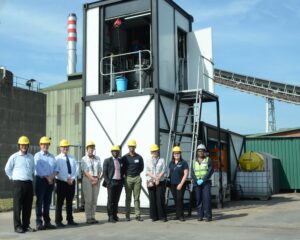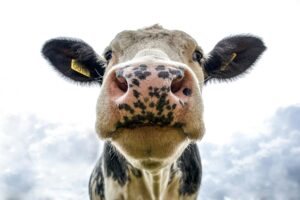Spaza shops will be opening again. There were an equal amount of thumbs down as thumbs up on the YouTube SABC news clip when it carried the news over the weekend. What is the case for spaza shops and informal food vendors to be allowed to operate?
Under the current lockdown circumstances, poor people are unable to produce and sell their food, and other poor people are unable to buy enough nutritious food. The staff at PLAAS (Institute for Poverty, Land and Agrarian Studies), in the article “Food in the time of the Coronavirus: Why we should be very, very afraid“, make suggestions about what should be changed should the lockdown be extended. The legitimacy of the lockdown itself is at stake. The article itself is a lengthy piece, and we list only a summary of its recommendations here. The reader is referred to the original article to gain a fuller comprehension of its thinking and motivation.



